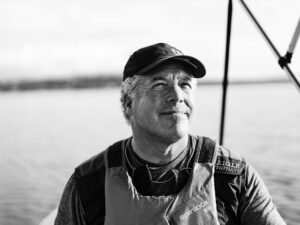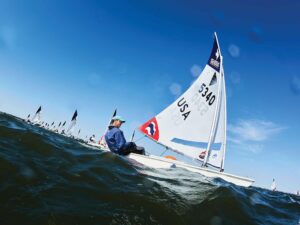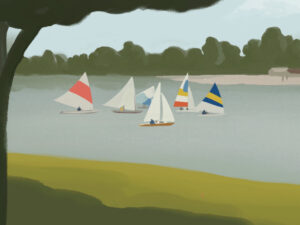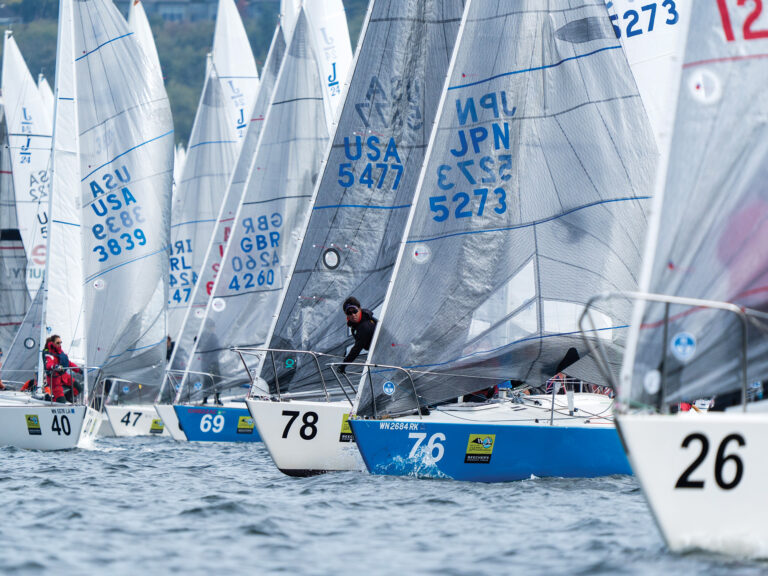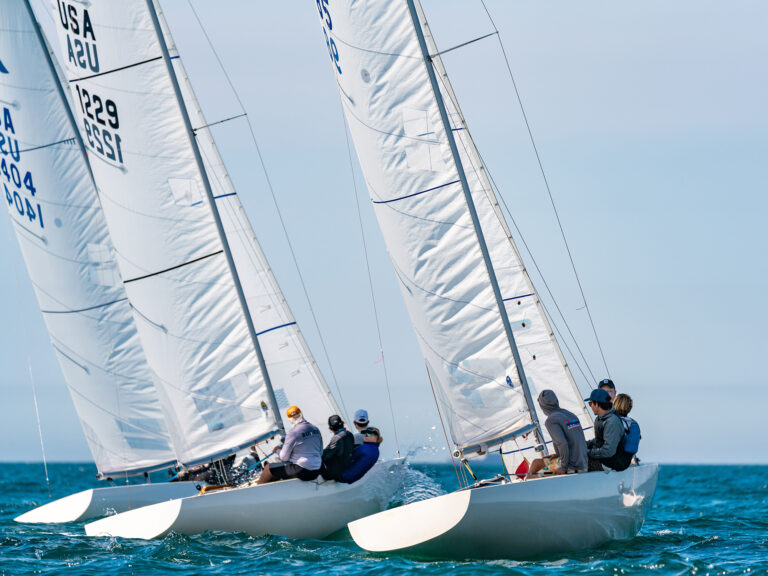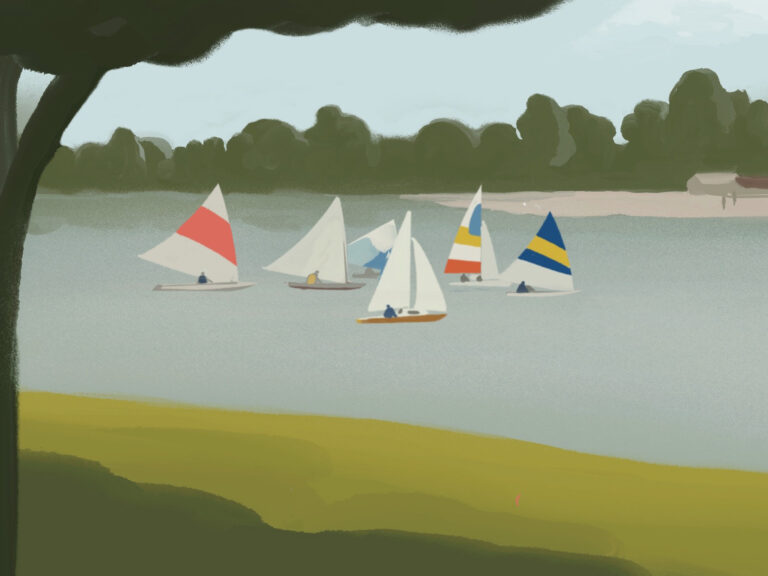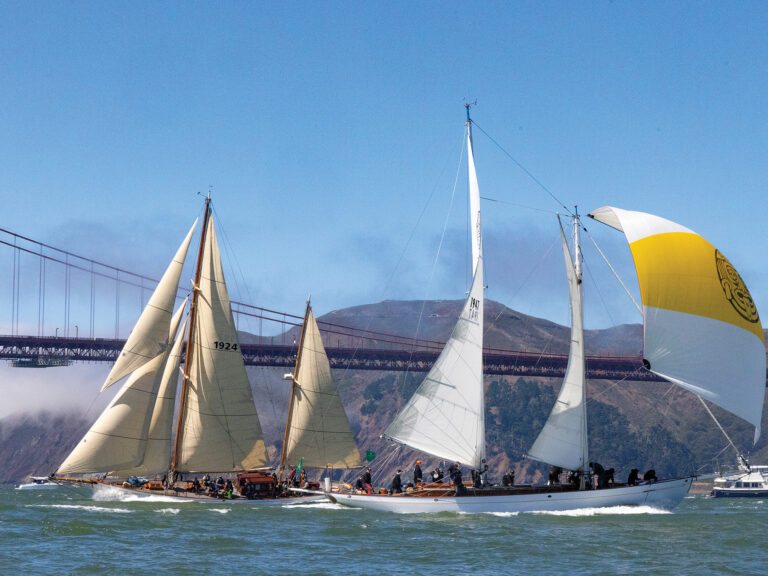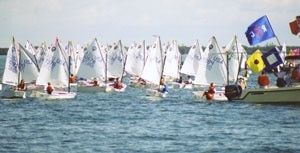
Its the morning of the last day of the 2001 International Orange Bowl Regatta in Miami, and 53 Optimist green fleet sailors are hanging on Tom Colemans every word. Theyre not waiting for the latest weather report, rig tuning advice, or boathandling trick. Theyre waiting for him to say, “jellyfish,” at which point theyll all drop to their backs and wiggle their hands and feet in the air, giggling and squealing as they go. Its not the latest go-fast meditation exercise. Rumor has it that this doesnt even improve boatspeed.
The Optimist class has taken its share of criticism for the overly competitive environment it fosters among young sailors. While theres little that can be done to moderate the intensity at the front end of continental and world championship regattas, Coleman works at large events such as the Orange Bowl with the youngest and most inexperienced sailors, the green fleeters, hoping to instill a basic enjoyment of the sport and a healthy respect for fellow competitors.
“Kids that young need to be encouraged in terms of realizing the fun involved,” says Coleman, the manager at McLaughlin Optimist. “And that’s my main goal, to make sure that the last-place kid has as much fun as the first.”
He has an ulterior motive. Coleman also covers the basics of safety, sportsmanship, rigging, and the racing rules. He conducts an instructional session each morning before racing, drawing on what he might’ve seen on the water the previous day. He outlines plans for the upcoming day, using diagrams to show the sailors where they will be racing and what the course will look like.
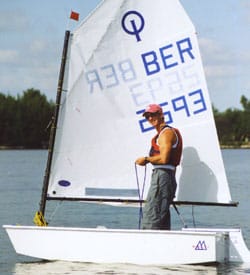
Coleman says he was inspired to conduct clinics for green fleet sailors five years ago when he began taking his son to regattas. He recalls that many sailors didnt have coaches, and that the least experienced often didnt get the proper pre-race instructions.
“The clinic made it less confusing than it normally is when we first get out on the water at other regattas,” says eight-year-old Max Kolisch of Miami, “and its really fun to do.”

